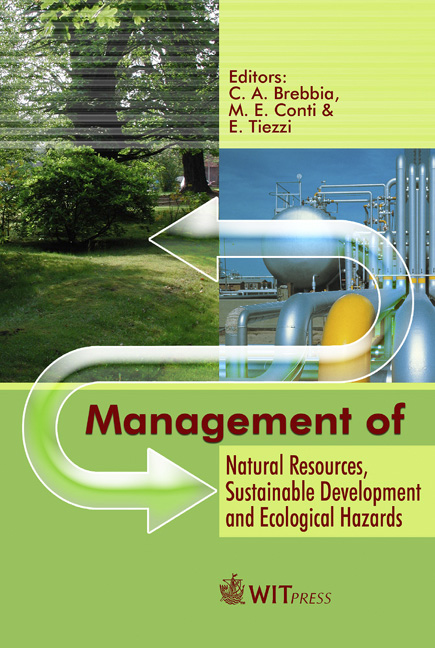Economic Development And Colonias In Texas
Price
Free (open access)
Transaction
Volume
99
Pages
10
Published
2006
Size
739 kb
Paper DOI
10.2495/RAV060071
Copyright
WIT Press
Author(s)
C. Giusti
Abstract
This paper concentrates on economic, institutional, financial and legal matters that have a direct impact on sustainable planning and development. It reflects the research that is being developed in colonias on the Texas side of the US - Mexico border region. Colonias in Texas are defined as areas with substandard housing, inadequate plumbing and sewage disposal systems, and low-income residents. Three case-studies are presented: the first refers to micro businesses and their potential to promote local economic development; the second is related to the \“legalization” of \“informal” developments; and the third refers to the sustainability of micro-credit for house improvement. Colonias, mainly isolated from urban areas, are starting to enjoy a relatively stable population, and regardless of the many difficulties they face, colonias are showing signs of being livable communities. This paper discusses these low-income communities from the point of view of promoting local economic and community sustainable development. Keywords: economic development, micro credit, land tenure, housing. 1 Introduction When approaching communities lagging economic dynamism, with no defined or stable institutions, with unclear legal framework, there is a concern on how sustainable are these communities. This paper will deal, specifically with three research projects in colonias along the Texas-Mexico border region related to their land, legal, and economic concerns. The first case study refers to a research done on the contribution of micro-businesses to local economies; the second one related to the effects of micro-credit for house improvements on the well-being con colonias; and the third one is related to a lot-titling regularization program and its effects on local residents.
Keywords
economic development, micro credit, land tenure, housing.





